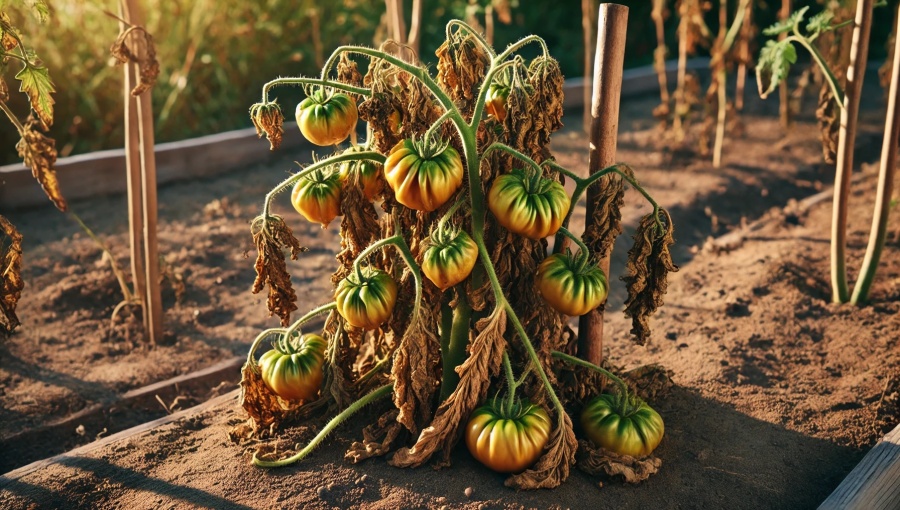Food Import Crisis Imminent Due to Pollution
By Nelson Ativor
Ghana is at risk of a staggering $3.5 billion food import crisis as illegal mining activities continue to contaminate the nation’s farms and water bodies, dramatically impacting local farmers and threatening food security.
Peasant farmers in Ghana have sounded the alarm over the escalating food import bill, cautioning that unless the government takes decisive action to address the detrimental effects of illegal mining, known as galamsey, the situation could worsen significantly.
According to Bismark Nortey, the Executive Director of the Peasant Farmers Association of Ghana (PFAG), the current annual expenditure on food imports is already a cause for concern. He emphasized that if the pollution persists and forces farmers to cease production, the consequences for the nation could be catastrophic, potentially leading to a sharp increase in the amount spent on food imports. This perilous scenario would be exacerbated by consumer concerns about the safety of locally grown produce.
Concerns Raised by Farmers:
The grave concerns raised by farmers come on the heels of a groundbreaking study titled “Mercury and Other Heavy Metals Impact Assessment,” conducted between August 2024 and September 2025 in collaboration with Pure Earth and the Environmental Protection Agency (EPA). The comprehensive year-long research spanned six regions – Ashanti, Eastern, Central, Western, Western North, and Savannah – analyzing soil, water, air, fish, and food crops.
The findings of the study revealed widespread contamination by mercury, arsenic, and lead, posing significant threats to food security and public health in mining communities and beyond.
Shockingly High Contamination Levels:
In Konongo Zongo, in the Ashanti Region, soil samples showed mercury levels that exceeded safe limits by more than 130 times, reaching a staggering 1,342 parts per million (ppm). Similarly, airborne mercury levels in Wassa Kayianko, Western Region, were measured at 150 micrograms per cubic meter, surpassing Ghana’s permissible threshold by 150 times.
Such extreme contamination poses immediate and long-term risks to farmers, consumers, and the environment, creating unsafe conditions for farming activities.
Arsenic and lead contamination were also reported in alarming levels, with soil samples in Konongo Zongo exhibiting levels 4,000% above safe limits. Water samples in Konongo Odumase recorded arsenic concentrations exceeding global drinking water standards.
Urgent Call for Action:
The report underlined the urgent need for multi-sectoral action to address the contamination crisis. Experts highlighted the implementation of low-cost technologies such as phytoremediation to remediate heavily polluted areas like Konongo Zongo.
Farmers are urging government agencies to utilize the study findings as a basis for enhancing enforcement against illegal mining activities, safeguarding agricultural lands, and promoting sustainable farming practices.
Bismark Nortey reiterated the importance of protecting farmers to secure the nation’s future. He warned that failure to control galamsey activities could lead Ghana into a food crisis that surpasses the capacity of imports to resolve.
The growing dependence on food imports is already straining Ghana’s foreign exchange reserves and weakening the local agricultural sector. Analysts caution that persistent contamination of farmlands by galamsey activities could drive the government to increase food imports, undermining national food sovereignty and exposing the country to global supply chain disruptions.
In the face of these escalating challenges, swift government intervention is crucial to protect Ghana’s agricultural sector, the livelihood of farmers, and the health of the population.


